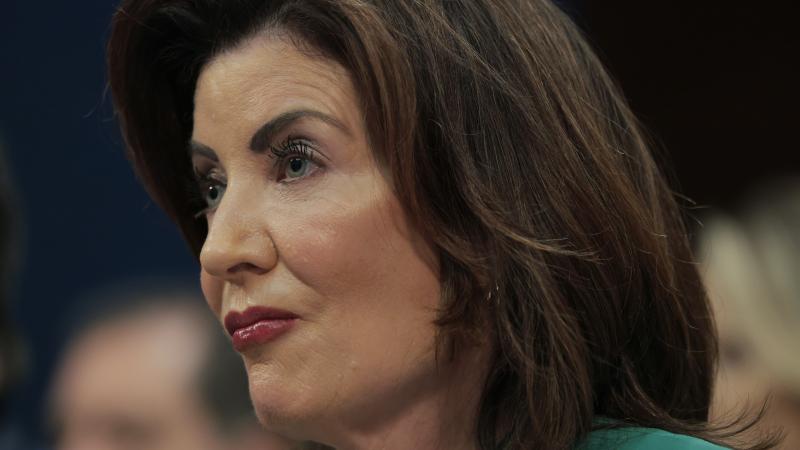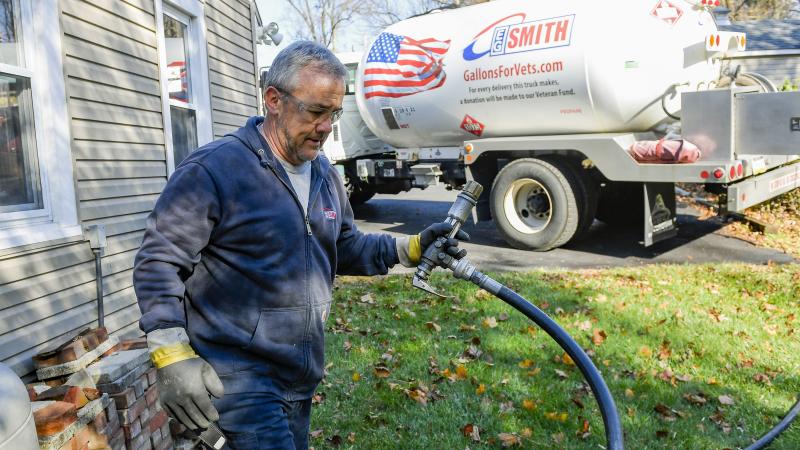New federal climate control regs on air conditioners, refrigerators will raise prices, experts
EPAS rules require initial 10% reduction in hydrofluorocarbons, with a target 85% reduction by 2036
New federal rules on climate change that target air conditioners and the chemicals they emit will likely raise the cost of the appliances, according to some experts.
The Biden administration's Environmental Protection Agency announced the final rules, which also target refrigerators, on Friday. The rules require an initial 10% reduction in hydrofluorocarbons, with a target 85% reduction by 2036.
According to the United Nations Environment Programme, HFCs are industrial chemicals that represent about 1% of total global greenhouse gasses, but they are hundreds to thousands of times more potent than carbon dioxide.
While having a more potent impact on global warming, according to the U.S. Energy Information Administration, they remain in the atmosphere for much shorter periods than carbon dioxide – typically 15 to 29 years.
“Today’s actions embody President Biden’s leadership on the climate crisis by tackling these planet warming chemicals while investing in American technology and innovation,” EPA Administrator Michael Regan said in a statement announcing the final rules.
Ben Lieberman, senior fellow at the Competitive Enterprise Institute, told Fox News that the rules are likely to “substantially” raise the cost of new air conditioners and put the Biden administration’s climate agenda ahead of consumer interests.
Lieberman also warned the alternative refrigerants are classified as flammable.
“So, there are all kinds of precautions that have to be taken when you have an air conditioning system with flammable refrigerants,” he said.
The EPA’s rules are part of the American Innovation Manufacturing Act, which former President Donald Trump signed into law in December 2020.
The rules are also part of the Kigali Amendment, an international agreement to phase down HFCs. President Joe Biden signed the U.S. onto the agreement a year ago.
According to the EPA statement, phasing out HFCs will avoid up to 0.5 degrees celsius of warming by 2100.
Alex Hillbrand, technical director at the Natural Resources Defense Council, praised the new regulations in a blog post.
“The EPA continues a full-court press to transition our economy away from HFCs," he wrote. "This is good for our climate and good for businesses that have invented and applied climate-friendlier alternatives."
Nicolas Loris and Brett Schaefer of the conservative-leaning Heritage Foundation, in 2018 published a report arguing the Kigali Amendment would “restrict consumer choice and force a costlier substitute on millions of American households and business owners.”
The phase out of HFCs, Loris and Schaefer also argued, would have a negligible impact on mitigating global warming.















